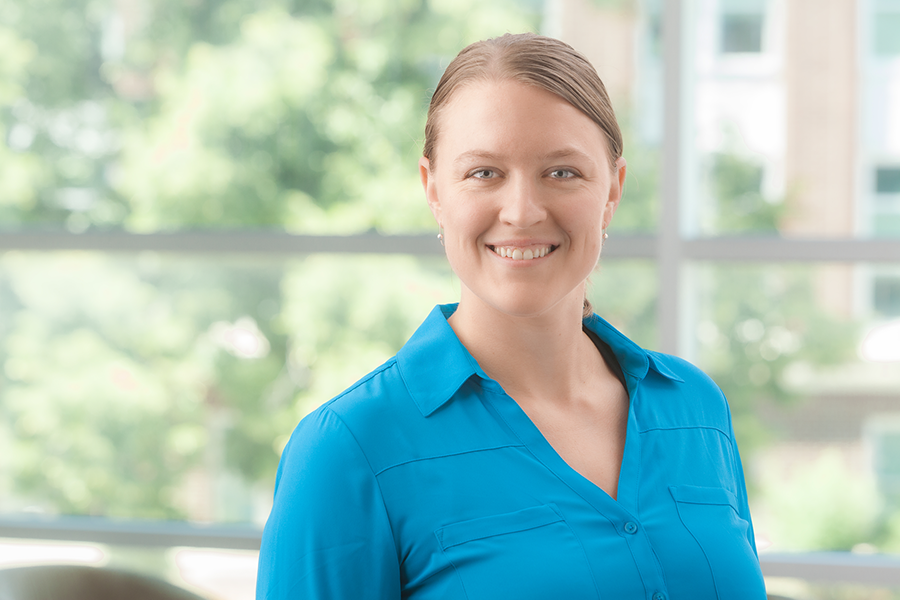Katherine Willet, MD, FACEP
•Assistant Professor, UNMC College of Medicine, Department of Emergency Medicine
•Assistant Residency Program Director
•Health Security Fellowship Program Director
•Global Center for Health Security Scholar

Dr. Katie Willet is an assistant professor with the department of emergency medicine at the University of Nebraska Medical Center and a Scholar of the UNMC Global Center for Health Security. She completed residency in Kansas City in 2017 with her last year as a chief resident focused on resident and student simulation and education with bi-monthly training to residents from all specialties. Shortly after graduation, she accepted a new role as assistant program director for emergency medicine. Her areas of interest include resident education, resuscitation, disaster medicine, and wilderness/austere medicine. With a large emphasis on resident education, she has been heavily involved in procedure labs and large simulation events, which are held multiple times throughout the year. As part of emergency medicine residency, she has helped to design and run several large simulations related to disaster medicine, wilderness medicine, and tactical medicine. She also takes part within the Department of Emergency Medicine as co-chair of the Diversity, Equity, and Inclusion committee, with several focuses on healthcare inequity.
The COVID-19 outbreak occurred during her first year as assistant program director, which prompted reimagining of residency education with social distancing. This also led to novel personal protective equipment training simulations to impart appropriate knowledge and use amongst resident physicians to ensure workplace safety in the setting of the pandemic. During this time, she has been continuously providing frontline emergency care while taking part in planning for possible reallocation of workforce, anticipating staffing shortage for illness, and departmental planning for potential surges.
Engagement in such plans led to her involvement in COVID-19 research including staff safety and mask testing. While busy providing frontline care in the emergency department during the pandemic, she became involved with the biocontainment unit and, additionally, with the Isolation System for Treatment and Agile Response for high-risk Infections (ISTARI). Different research projects have been presented at local, national, and international conferences.
Within the last year, she has started creating a novel subspecialty of medicine with development of Health Security Fellowship with a team of specialists, both local and national. The goal will be to have the first fellow start in July 2023. With plans for taking an all-hazards approach, the fellows will participate in various types of training and education. Plans include involvement in disaster training, emerging infectious diseases, public health, and government agencies, as well as plans for an international component.